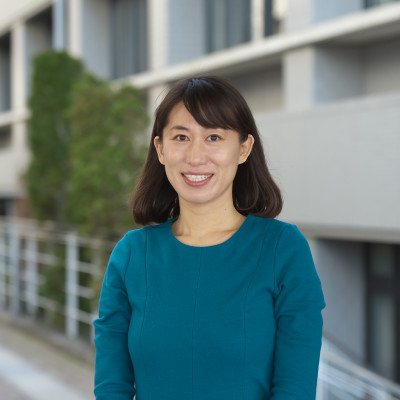Sessions / Location Name: F23: DO NOT RECORD
Physical Location
Location: F23
Building: Miwa Campus Building < The University of Nagano
Teaching English to hearing-impaired students: a practical approach #3023
This workshop focuses on identifying the issues and challenges of teaching English to Japanese university students with hearing impairments and aims to raise awareness among educators of the particular needs that may require accommodation, and what strategies can be employed to make the language more accessible. Although the number of our students with this disability may be small, it is important to consider in advance what can be done to provide a supportive classroom, including assessing the level of disability and students’ previous educational background. This may test the skills of teachers who have not received specialist training. The background to the teaching of students with special needs in Japan will be presented and approaches will be suggested that could be taken to provide an environment in which every member of the class can actively engage. The presenter will share experiences in both face-to-face and online classes, summarize published research on the topic, explain the system a private science college has established to assist all learners with special needs, and share a small number of basic BSL (British Sign Language) greetings. Contributions from other educators with experience in this area will be warmly welcomed.
Teaching varied discourse moves: theory and method #2840
In classrooms, the majority of interactions are based around typical question and answer structures. While these structures provide students with the opportunity to communicate, they can also lead to short, direct answers and discourse turns that do not encourage students to develop their speech as much as they possibly could, or as naturally. Research has indicated that introducing a range of discourse moves into classroom interactions can encourage students to produce more, both quantitatively and qualitatively (Bury, 2018). However, despite these findings and teacher feedback indicating that further training or guidance on how to effectively incorporate different discourse moves into their classroom language would benefit the fluidity and authenticity of their in-class interactions, previous research has not discussed practical suggestions on how to do this. This presentation aims to address that gap. Firstly, the effect that teachers using ten different discourse moves, including reflective statements, statements of interest, speaker referrals, and referential questions, can have on student output in Japanese universities is analyzed, and then different strategies that can be used in classrooms to make students more aware of the choice of discourse moves available to them and to practice those moves are introduced.
Examining Learners’ Pragmatic Competence in L2 Japanese #2723
This study explores Japanese as a Foreign Language (JFL) learners’ pragmatic competence in speaking tasks. Speaking tasks are popular assessment tools to evaluate L2 speakers’ language proficiency (e.g., TOEFL, ACTFL OPT). Due to the lack of opportunities to speak the target language outside of classes, it is still challenging even for advanced JFL learners to understand what would be appropriate depending on the situations and interlocutors. Previous studies have looked at ESL learners’ pragmatic competence and created some type of assessment criteria. Yet, it is still uncertain these assessment criteria can be applied to other target languages (e.g., Japanese). Validation of rubrics across pragmatic targets, situations and other L2 is necessary. This presentation demonstrates the assessment rubric to reflect L2 speakers’ competence to achieve a task goal, and important features of L2 pragmatic competence in interaction. The participants are 15 JFL learners. The participants participated in a role play with different situations (e.g, making a request, refusal, complaint). The participants’ performances are video recorded and rated by Japanese native speakers based on the rating criteria adapted from Youn (2015) and Revesz (2016). This ongoing project will show the preliminary findings and possible improvements of the analysis.


